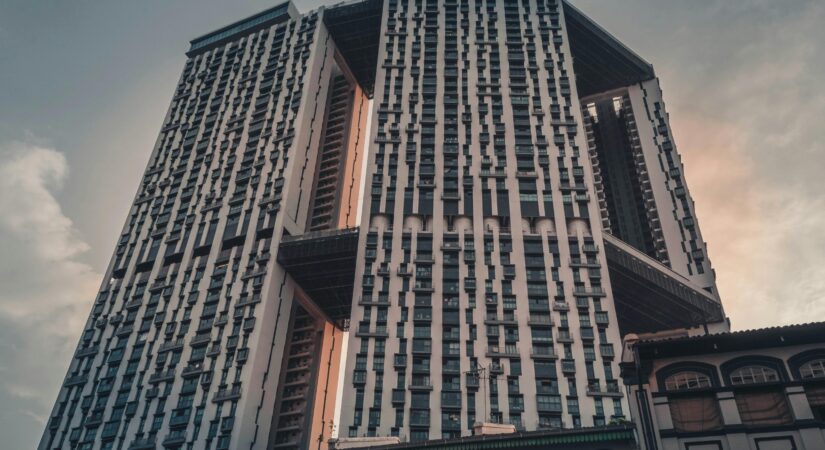Owning property in New South Wales means more than collecting rent—it means knowing the legal ground you stand on.
Recent changes to NSW residential tenancy laws have reshaped how property owners must manage, maintain, and protect their assets. Whether you’re a first-time landlord or an experienced investor, here are five essential legal protections you must know in 2025.
1. Bond Must Be Lodged with the NSW Rental Bond Board—No Exceptions
As of early 2025, NSW courts ruled private bond alternatives (like ZeroBonds) unlawful, confirming that all bonds must be lodged with the NSW Rental Bond Board through Rental Bonds Online.
Key details:
– Bonds must be lodged within 10 business days of receipt
– Landlords must not offer or suggest third-party bond products
– NSW Fair Trading monitors lodgement activity and can issue penalties
💡 Why it matters: Protects you from legal exposure and avoids fines. Lodging with the board ensures disputes are handled transparently via Fair Trading or NCAT.
2. You May Be Liable for Tenant Compensation During Disruptions
Under NSW tenancy law, if a landlord causes significant inconvenience or loss to a tenant—such as:
– Renovation delays
– Unscheduled access
– Unusable facilities (e.g. water issues, kitchen damage)
… the tenant may seek financial compensation through NCAT.
Real Example:
A Newcastle landlord was ordered to pay $1,800 in rent compensation for delaying urgent plumbing repairs for over 10 days ([NSW Civil & Administrative Tribunal ruling, April 2025]).
💡 Why it matters: Owners must address disruptions swiftly or face possible loss of rent, fines, and legal disputes.
3. Strata Owners: You’re Protected in Disputes and Defect Cases
The updated Strata Schemes Management Act now strengthens your right to:
– Dispute special levies
– Access emergency maintenance funds
– Request building defect remediation
– Seek hardship exemptions for levy payments
Strata schemes must respond to formal disputes within 21 days or be reported to NSW Fair Trading or NCAT.
💡 Why it matters: As a unit owner, you’re now better protected against poor management decisions and unexpected financial burdens.
4. You Must Follow Access & Inspection Rules—Or Risk Fines
Even as the property owner, you cannot enter or inspect your property at will. Under NSW law:
– Entry requires at least 7 days’ notice for routine inspections
– Must occur between 8 AM and 8 PM, not on Sundays or public holidays
– Entry for urgent repairs still requires reasonable notice
– Tenant consent overrides all access restrictions
💡 Why it matters: Breaching these rules can lead to official complaints, NCAT hearings, and reputational damage.
5. Smoke Alarm Compliance Is Strict—and Enforced
NSW landlords are now required by law to:
– Test all smoke alarms annually
– Replace batteries and fix faults within 2 business days
– Fully replace alarms every 10 years or as per manufacturer
– Use qualified electricians for hardwired installations
Failure to comply may result in fines exceeding $2,200 per property, especially if linked to tenant complaints or safety audits (NSW Fair Trading, 2025).
Property ownership in NSW isn’t passive—it’s a legal responsibility. These five protections exist to help you manage risk, meet compliance, and build tenant trust.
Being proactive keeps you ahead of Fair Trading inspections, NCAT disputes, and insurance complications.
💼 Need help reviewing your compliance or managing tenants legally?
Trust RnJ Realty, one of Sydney’s most reliable property managers, to handle your obligations properly.



